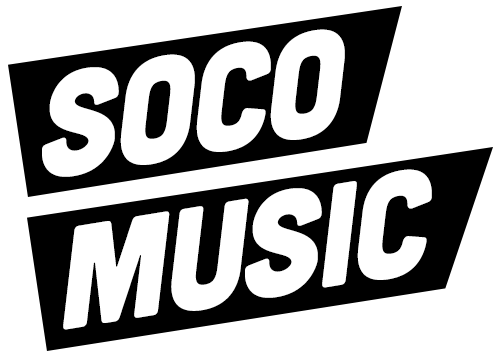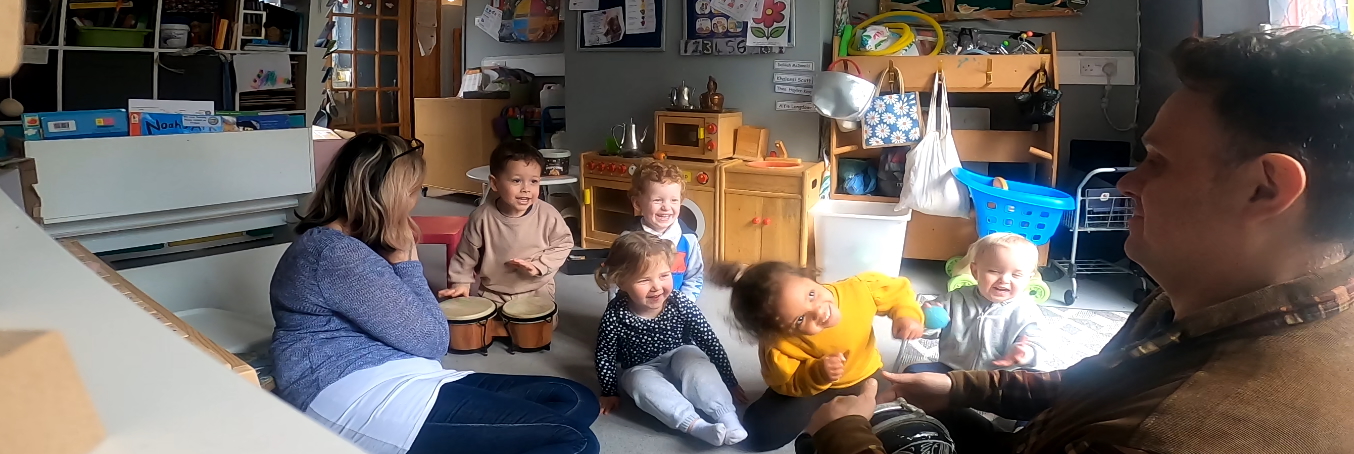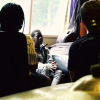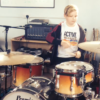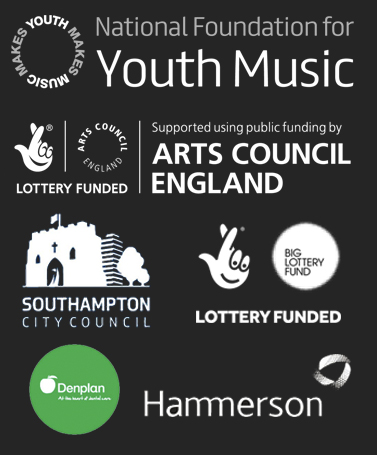Sustainable Early Years Music (SEYM) supports the learning and wellbeing of children with additional needs through meaningful and transformational music engagement. Working collaboratively with settings, practitioners, carers, and local authority teams, we have supported hundreds of children and practitioners in specialist schools, nurseries, pre-schools, childminders, and multiple community settings.
Since its beginning in 2019, SEYM has developed from a small school-based project into an established and sought-after part of Early Years/SEND local offer. Having crafted over the years an ambitious strategy for development and community engagement, we have acquired a strong reputation as a local provider among local settings, practitioners, carers and partner organisations.
On a daily basis, neurodiverse children with complex additional needs wake up to a world full of sensory environments and social structures not designed with their needs in mind. They often find simple daily activities, access to community spaces, transitions and expectations confusing, threatening or overwhelming.
Through SEYM we have sought to integrate music facilitation into the wider scope of knowledge and expertise provided by carers and practitioners – presenting music not in terms of mainstream curricular pedagogy, but as central to our emotional, social, learning and sensory experiences. Seeing music as part of living and learning, we support children and the different communities around them. This is key to our vision of a sustainable provision of music engagement less reliant on permanent support from specialists. We believe that caring for children entails caring for and supporting the adults working with them.
SEYM is run by the Southampton based charity SoCo Music Project. It was created by composer, ethnomusicologist and music specialist Dr Ignacio Agrimbau (generally known as ‘Iggy’), who leads the project in collaboration with two project facilitators. SEYM has in the past benefited from funding by Youth Music, Hampshire and Isle of Wight Integrated Care Commissioning Group, as well as match funding contributions from local providers.
